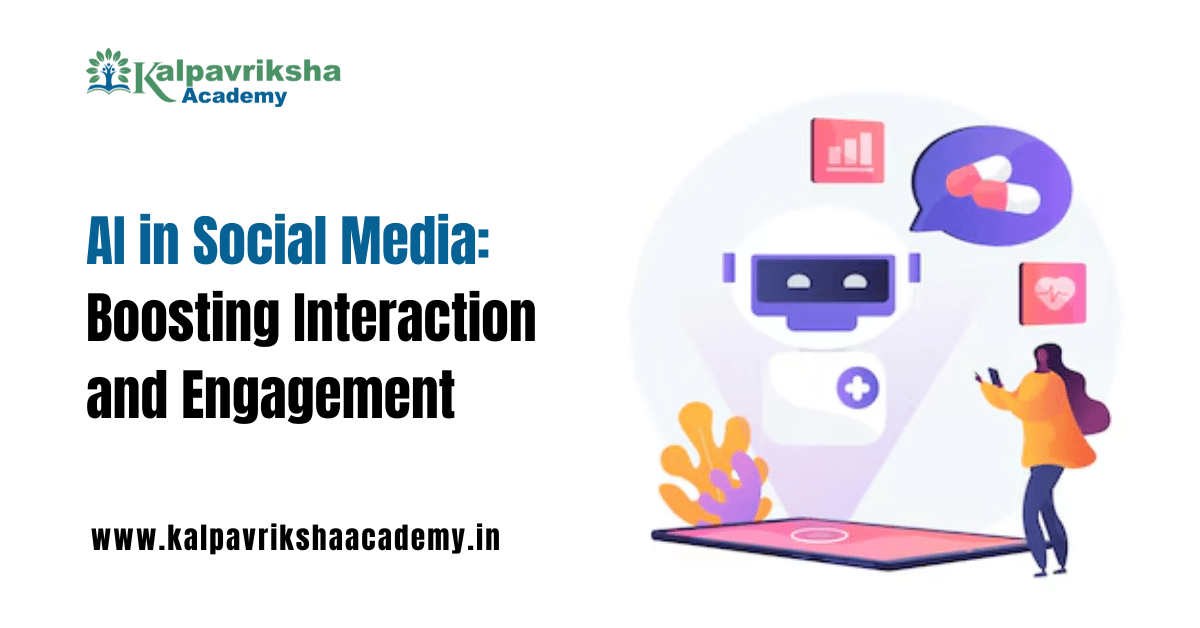Top Workplace Skills and Soft Skills for Career Advancement
The talent market remains highly competitive despite recession worries and regular reports of massive layoffs. With 1.9 job openings for every unemployed person in the United States, jobseekers have plenty of opportunities to choose from.
Seventy-five percent of businesses around the world are having trouble finding employees with the correct mix of technical and soft skills, marking the worst talent shortfall in 16 years. The skills gap will worsen over time unless companies and their employees invest in continuous skill development.
Employers will have access to the talent they need to meet their evolving business needs, and employees will be able to keep their skill sets current if they put their attention where it’s needed most: on the most in-demand abilities.
It’s certain, given the rate at which things are changing, that you’ll have to refresh your knowledge at least once during your career counselling. Learning new skills is no longer a goal in and of itself, but rather a way of thinking that every employee must adopt.
Power skills, often called human skills, soft skills, or, as I prefer to call them, professional skills, are in high demand in the modern job market. Pearson report found that in their current hiring efforts, companies prioritize five core employee skills:
- Communication is defined as “the skill of effectively conveying one’s ideas and concepts as well as receiving, processing, and resolving those of others.”
This seems to be the kind of expert knowledge that can never be oversupplied. For good reason, it consistently tops lists of the most desirable abilities for employers. Despite the increase in communication channels available to us, many of us struggle to express ourselves clearly, precisely, and forcefully. Those in the workforce who invest in developing this skill set will set themselves up well.
- Customer Service is Support to customers before, during, and after a transaction is called “customer service.”
Everyone has experienced terrible customer service at some point, and it can make or break a company’s reputation. Just as quickly as a negative experience may spread, so can a positive one. Possessing a kind, courteous, and customer-centric attitude is an asset in any job, whether direct contact with customers is required.
- Leadership is “the ability of one person, group to ‘lead,’ influence, or guide other people or organizations,”.
Teams and organizations fail if they don’t have good leadership. Younger workers are driven to strengthen their leadership abilities, which is encouraging given the current leadership shortage.
- Detailing is defined as “being able to be exact and precise in activities, noticing small details, and ensuring that all aspects of a work are completed accurately.”
Even small errors might have serious consequences. Workers who pay more attention to detail not only perform better but also gain an advantage in the workplace.
- Collaboration: Working together effectively is called “collaboration,” and it’s defined as “the ability to develop constructive and cooperative working relationships with others.”
We can’t do our jobs effectively in isolation. As the globe gets more interconnected, it will become increasingly important for us to interact, negotiate, and create rapport with others to advance the project. The capacity to work well in a group is a crucial one, both now and in the future.
Read our relevant blog post: Unveiling Your Passions: The Power of Career Counselling
Developing Leadership Skills for Career Advancement
Today’s competitive job environment requires strong leadership qualities for professional advancement. Leadership skills boost professional progress and set you apart. Luckily, these skills may be acquired and refined through time.
- Self-awareness is essential to leadership growth. Understanding your strengths, weaknesses, and places for progress helps you maximize your strengths and improve your deficiencies. Reflect on your experiences, ask colleagues and mentors for comments, and self-assess to understand your leadership style.
- Second, leaders must communicate well. Learn to communicate properly, listen actively, and adapt to varied audiences. Strong communication promotes teamwork, trust, and understanding and acceptance of your goal.
- A good leader also develops interpersonal skills. Leadership requires building relationships, resolving problems, and encouraging team members. Improve your emotional intelligence, empathy, and teamwork to create a friendly workplace.
- Leaders must be flexible and changeable. Find ways to learn new skills, follow industry trends, and stay ahead. By showing adaptability and a growth mentality, you become an asset to any company.
- Finally, strong leaders make good decisions. Develop your analytical and critical thinking skills, obtain pertinent information, and evaluate multiple views before making conclusions. Keep learning from wins and disappointments to improve your decision-making.
Finally, leadership abilities are essential for career growth. Developing self-awareness, communication, interpersonal skills, adaptability, and decision-making will help you become a strong leader. Leadership is a journey, and ongoing development unlocks your entire potential.
Effective Communication: A Key to Career Success
Strong communication skills are crucial in today’s professional world, as they enable individuals to communicate effectively within organizations, build personal relationships, and advance in their careers. Communication can take various forms, including verbal, nonverbal, and written. Research has shown that effective communication is essential for job performance, with 81% of respondents ranking it highly. Additionally, 88% of employers prefer candidates with good communication skills over those with lesser skills.
- Good communication involves understanding the needs and views of others, improving productivity, increasing morale, and developing lasting personal relationships. It leads to better collaboration, fostering productive relationships, and reducing frustration. Verbal communication relies on spoken language, while nonverbal communication focuses on body language and eye contact. Written communication includes emails, memos, and reports.
- The benefits of good communication include improved productivity, increased morale, improved collaboration, and fostering productive relationships. Employees can communicate more clearly, reducing frustration and improving workflow. Developing good communication skills also boosts morale, improves collaboration, and increases loyalty, satisfaction, and profitability. However, challenges associated with poor communication include misunderstandings, confusion, and conflict. Additionally, employees may experience low engagement and decreased motivation when their messages are not effectively communicated.
The Power of Emotional Intelligence in the Workplace
Emotional intelligence (EI) is a crucial skill for interpersonal communication and has gained interest in various disciplines, including the workplace. EI helps employees identify, understand, manage, and harness their emotions and those of others.
A workforce with EI benefits career development and the organization as Kalpavriksha Academy, improving team relationships and fostering a positive work culture. Emotionally unintelligent staff struggle with managing feelings, leading to impulsive behavior and unclear consequences. Developing EI helps individuals understand themselves and guides future thought processes and actions.
Emotional intelligence (EI) in the workplace involves constructive feedback, supporting colleagues, reducing stress, maintaining calm under pressure, resolving conflicts, and creating a space for open expression. Emotional quotient (EQ), often compared to intelligence quotient (IQ), focuses on emotional awareness and skills.
Both IQ and EQ are not static metrics, and individuals can work to improve their intellectual and emotional capacity.
Examples of EI in action include constructive feedback, recognizing emotions, resolving conflicts, and creating a supportive environment.













